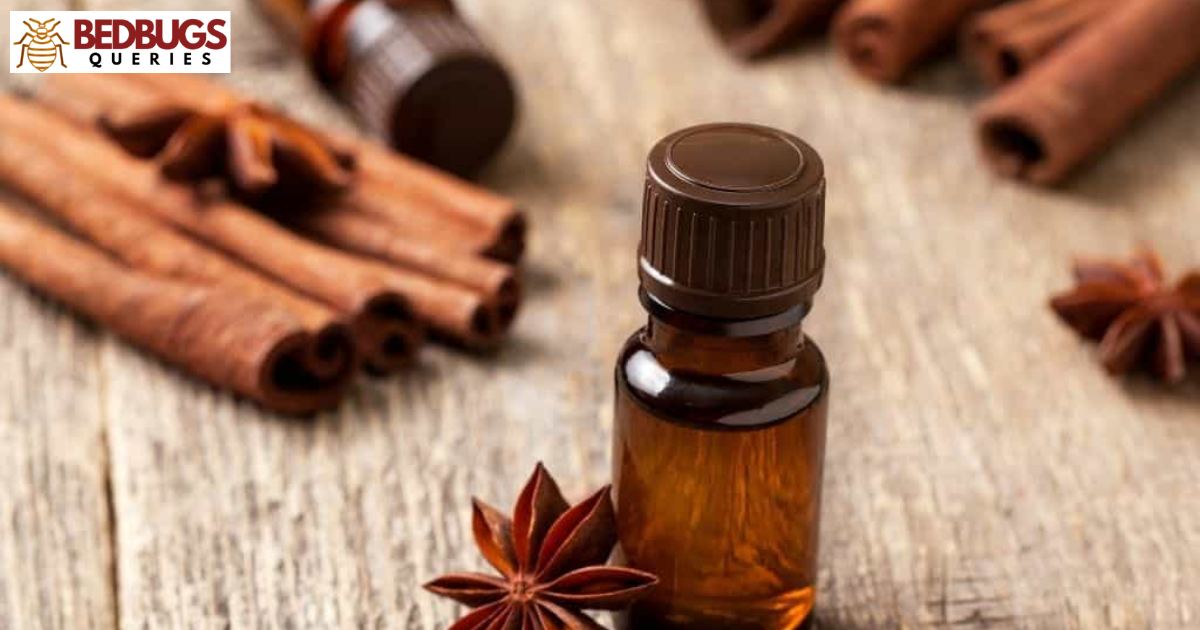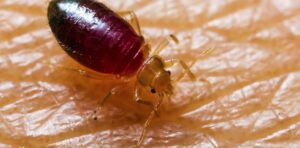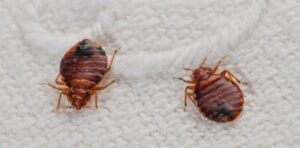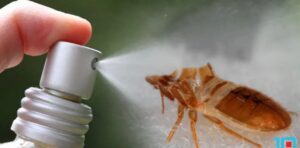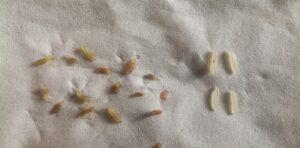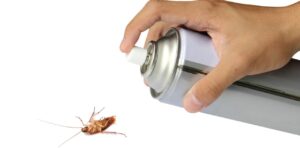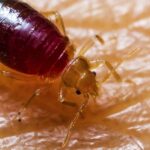Cinnamon repelling bed bugs refers to the belief that cinnamon, a common spice, can be used to deter or repel bed bug infestations. This method involves using cinnamon’s strong scent to discourage bed bugs from approaching or nesting in specific areas. While it’s a popular natural remedy, its effectiveness is still a subject of debate, with limited scientific evidence to support its reliability.
The idea of using cinnamon as a bed bug repellent is intriguing. It offers a potential natural solution to the age-old problem of bed bug infestations. But does it really work? Can this humble spice effectively keep these nocturnal blood-feeding insects at bay? We will delve into the world of cinnamon and its potential as a bed bug repellent, separating fact from fiction.
Cinnamon’s ability to repel bed bugs is rooted in its strong scent and chemical composition. While there is anecdotal evidence supporting the use of cinnamon, it’s essential to understand its limitations and the proper way to apply it in your battle against bed bugs. In the following paragraphs, we will explore the practicality of using cinnamon to ward off these pesky insects, providing you with valuable insights into this natural remedy.
Does Cinnamon Repel Bed Bugs?
When it comes to natural remedies for pest control, cinnamon often finds its way into the conversation. But does cinnamon really repel bed bugs, those elusive and bothersome nighttime pests that can disrupt your sleep and peace of mind? In this article, we’ll explore the potential of cinnamon as a bed bug repellent, backed by scientific insights and practical solutions.
Cinnamon’s Potential As A Bed Bug Repellent
Cinnamon, with its pleasant aroma and a reputation for being a natural deterrent against various insects, has piqued the interest of those seeking alternative methods to keep bed bugs at bay. Some people believe cinnamon can effectively repel these unwanted guests, primarily due to its strong scent. Essential oils like cinnamaldehyde give cinnamon its strong and somewhat spicy fragrance.
This scent, it is believed, can mask the carbon dioxide emissions and heat that bed bugs use to locate their hosts. While there is anecdotal evidence supporting the use of cinnamon for repelling bed bugs, it’s essential to delve deeper into the science behind this belief.
The Science Behind Cinnamon And Bed Bug Repulsion
Scientific research on the effectiveness of cinnamon as a bed bug repellent is still in its infancy. Some studies suggest that certain compounds in cinnamon may have the potential to deter bed bugs. For instance, cinnamaldehyde, a key component of cinnamon essential oil, has shown repellent properties against some insects in laboratory settings.
It’s crucial to note that the concentration and method of application matter. Bed bugs are notoriously resilient pests, and they can quickly adapt to new scents and repellents. The effectiveness of cinnamon may vary depending on factors such as the concentration of cinnamaldehyde and the environment in which it’s used.
Cinnamon Vs. Bed Bugs
While cinnamon may have some potential as a bed bug repellent, it’s essential to manage your expectations. Cinnamon is unlikely to be a standalone solution for a bed bug infestation. Bed bugs are notoriously challenging to eliminate, and a multifaceted approach is typically required to address an infestation comprehensively.
| Aspect | Cinnamon | Bed Bugs |
| Repellent Properties | Potential scent deterrent | Seek hosts by heat & CO2 |
| Scientific Evidence | Limited research findings | Extensive pest knowledge |
| Effectiveness | Varied depending on factors | Highly resilient pests |
| Application | Cinnamon spray or oil | Active infestation control |
| Safety | Generally non-toxic | Potential health risks |
| Role in Pest Control | Supplemental prevention | Requires professional help |
Using cinnamon as a preventive measure or as a part of a broader pest control strategy may have some benefits. Still, it should not replace professional pest management techniques in the case of a severe infestation.
Diy Cinnamon Bed Bug Repellent Methods
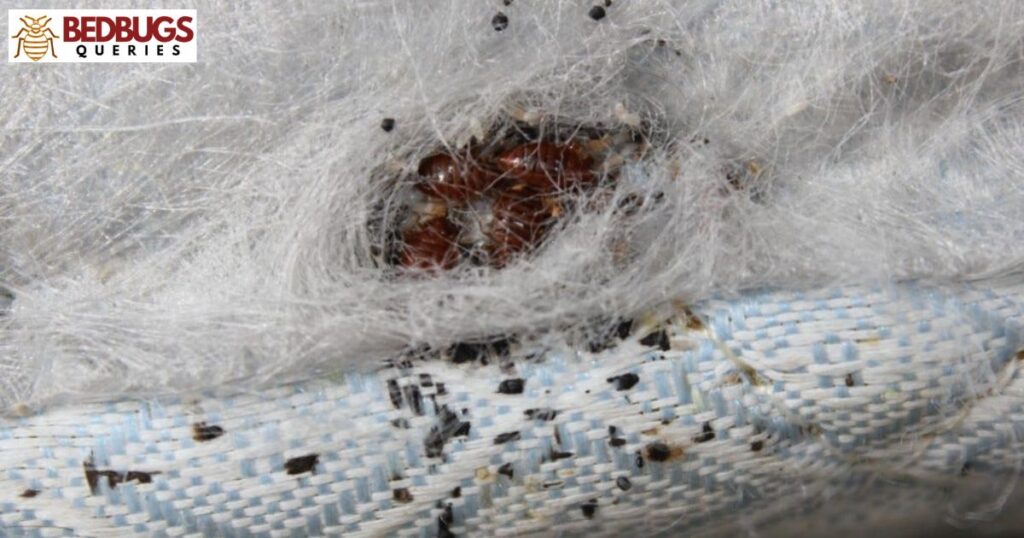
If you’re interested in using cinnamon as a bed bug repellent, there are a few DIY methods you can consider. One common approach is to create a cinnamon spray by mixing cinnamon essential oil with water. This solution can then be sprayed in areas where bed bugs are known to hide, such as cracks, crevices, and the seams of mattresses.
Keep in mind that while this method may provide a temporary deterrent, it’s not a guaranteed long-term solution. Additionally, you’ll need to reapply the cinnamon spray regularly, as the scent can dissipate over time.
Exploring Cinnamon’s Natural Bed Bug Repellent Properties
Cinnamon is an intriguing option for those looking for natural alternatives to conventional pesticides. Its pleasant scent and potential repellent properties make it a compelling choice for individuals who prefer eco-friendly and non-toxic pest control solutions.
Using cinnamon as a part of your bed bug prevention efforts can be considered a safer and more environmentally friendly option compared to chemical pesticides. It’s crucial to recognize cinnamon’s limitations and use it in conjunction with other preventive measures.
Cinnamon Essential Oil And Viable Bed Bug Solution?
Cinnamon essential oil is often the go-to choice for those considering cinnamon-based bed bug repellents. It’s derived from the bark and leaves of cinnamon trees and contains cinnamaldehyde, which is believed to be the compound responsible for its repellent properties. Some individuals also explore natural alternatives like Baby Powder Suffocate Bed Bugs. To create a cinnamon essential oil solution, you can dilute a few drops of pure cinnamon oil with a carrier oil, such as coconut or jojoba oil.
This mixture can be applied to potential bed bug-hiding spots or used in a diffuser to disperse the aroma throughout a room. While some people have reported success with this method, it’s essential to remain vigilant and combine it with other preventative practices.
The Effectiveness Of Cinnamon In Preventing Bed Bug Infestations
The effectiveness of cinnamon in preventing bed bug infestations may vary from one situation to another. It may have some success in deterring bed bugs in certain cases, especially when used as part of a comprehensive pest control strategy. It’s crucial to understand that cinnamon is not a guaranteed solution, and its effectiveness can vary based on factors like the severity of the infestation, the type of bed bugs, and the environment in which it’s used.
Cinnamon As A Non-Toxic Bed Bug Control Option
One significant advantage of using cinnamon for bed bug prevention is its non-toxic nature. Unlike chemical pesticides, which can pose health risks to humans and pets, cinnamon is generally safe when used as directed.
This makes it an attractive option for individuals who are concerned about the potential harm associated with conventional pest control methods. It’s essential to use cinnamon responsibly and avoid any overuse or misuse of essential oils, as they can still cause skin irritation or allergic reactions in some individuals.
Frequently Asked Questions
Is Cinnamon a Proven Bed Bug Repellent?
Cinnamon’s effectiveness as a bed bug repellent remains inconclusive. While it may deter them in some cases, it’s not a guaranteed solution for infestations.
How Can I Use Cinnamon to Repel Bed Bugs?
You can create a DIY cinnamon spray or use cinnamon essential oil in areas where bed bugs hide, but it should complement a broader pest control strategy.
Is Cinnamon a Non-Toxic Bed Bug Control Option?
Yes, cinnamon is generally non-toxic, making it a safer alternative to chemical pesticides. However, it should be used with care and responsibility.
Can Cinnamon Be the Sole Solution for Bed Bug Prevention?
Cinnamon alone is unlikely to fully prevent or eliminate bed bug infestations. It should be part of a comprehensive pest management plan.
Conclusion
In the quest to find natural ways to keep bed bugs at bay, cinnamon stands as an interesting contender. While it may emit a scent that deters bed bugs, it’s vital to approach it with a realistic perspective. The effectiveness of cinnamon varies, and it is more of a supplement to pest control rather than a standalone solution for a bed bug infestation.
Cinnamon offers a non-toxic and eco-friendly option for those concerned about the use of chemical pesticides. Yet, it should be used in combination with other prevention methods and, in severe cases, with professional pest control services. By understanding the potential benefits and limitations of cinnamon, you can make an informed choice when it comes to protecting your home from these persistent pests.

